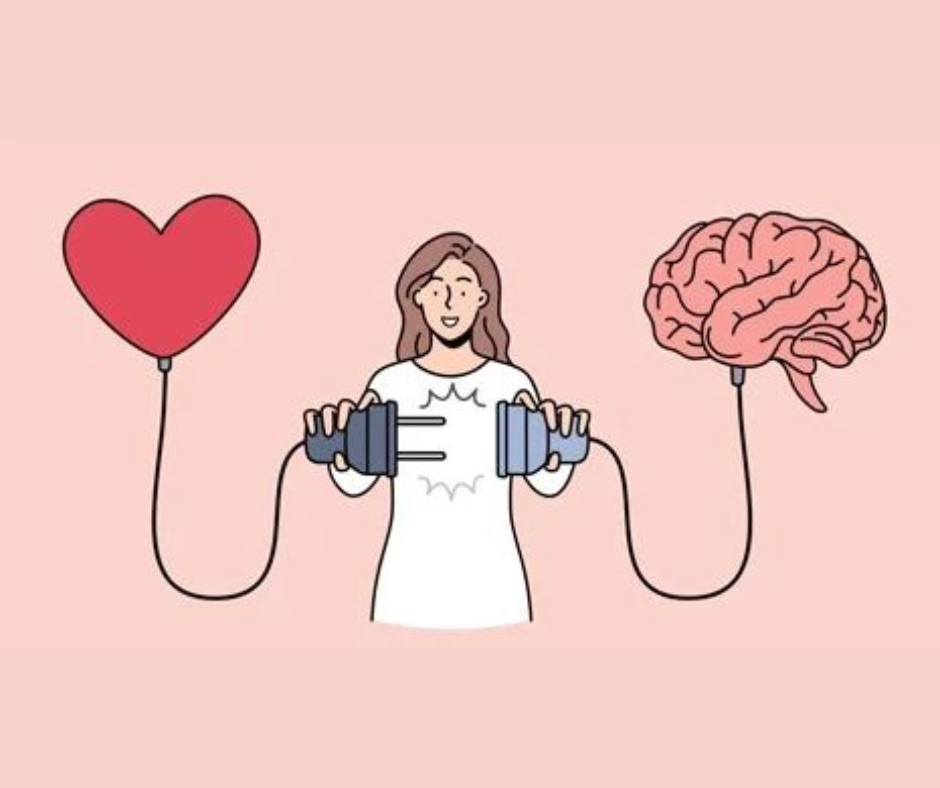The mind-body connection serves as the intricate channel through which your thoughts and emotions communicate with your physical well-being. If you’ve ever experienced a stomach ache during moments of worry or anxiety, you have directly encountered the impact of this connection. Beyond mere bodily sensations, this interplay plays a pivotal role in shaping both your mental and physical states. Traumatic events, for instance, don’t merely affect your mind – they can linger in your body, influencing your overall health.
Your memories, thoughts and emotions have the power to shape your biological functioning either positively or negatively. Conversely, the care you extend to your body can significantly impact your mental health. This symbiotic relationship, like any other, can be intricate and multifaceted.
Enduring trauma might lead you to attempt to forget the experience, but the body often retains the memory. Physical triggers, such as a specific sound, touch or smell, can reignite painful memories, manifesting in physical discomfort or heightened heart rates. This can even activate the body’s fight or flight response, releasing stress hormones and causing physiological changes like tense muscles or rapid breathing. Attempting to suppress these memories may result in physical symptoms such as headaches, clenched jaws, or persistent anxious thoughts, gradually taking a toll on both the mind and body.
Recognising the important role of the mind-body connection in healing past trauma in the aftermath of such experiences. Traumatic events can give rise to anxiety, depression, addiction and other behaviours that go beyond the scope of resolution through mental processes alone, necessitating an approach that acknowledges the body’s role in releasing these memories.
Many therapies have been developed to address this vital connection between the mind and body in trauma recovery. Trauma-Sensitive Yoga, for example, tailors its practices to the specific needs and symptoms of trauma survivors. By integrating physical exercise, mindful breathing, and mindfulness, this approach creates a safe space for reconnecting the mind and body. Acknowledging and accommodating the unique needs of trauma survivors. This trauma-based yoga becomes a safer and more accessible avenue for those on the path to healing.
If you have any questions about the article or would like to know more about our trainings or online sessions and making your connection with the mind and body you are welcome to reach out to us at esther@traumasensitiveyoganederland.com.

Leave A Comment